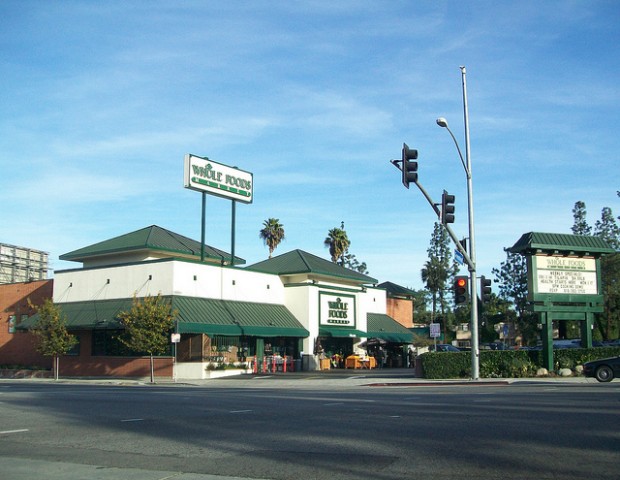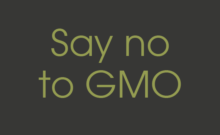 It’s not everyday that an organic food retailer receives negative publicity. However, in the past few weeks, Whole Foods has been making the headlines for a few less-than-honest reasons. These range from the possibility that many of their stock items may in fact contain GMO ingredients to the fact that some of their stock items seem to be inappropriately labelled.
It’s not everyday that an organic food retailer receives negative publicity. However, in the past few weeks, Whole Foods has been making the headlines for a few less-than-honest reasons. These range from the possibility that many of their stock items may in fact contain GMO ingredients to the fact that some of their stock items seem to be inappropriately labelled.
Food Products which do not Belong
When one thinks of a grocer such as Whole Foods, it would generally be expected that they stock items that are healthy, wholesome and organic. Unfortunately, recent in-store research has brought to light that a few of their so-called food items should never have been allowed on their shelves. Among them are items that have been labelled as ‘Breaded Chickenless Nuggets.’ Although a few shoppers may view this as an appropriate vegetarian food product, this product has in fact been manufactured from wheat protein (MSG), which in itself is not an ingredient that one would expect to find on the shelves of an organic food market.
‘Semi-Organic’ and Incorrectly Labelled Products
Another questionable item that was located on the shelves at a Whole Foods branch was a range of soap bars that claimed to be ‘83% organic’ according to the labeling. Other questionable items have included crackers that claim to have been manufactured with organic cheddar cheese. While the packaging clearly mentions the fact that the cheese is organic, one would surely wonder whether the rest of the ingredients are organic or not. With the reputation that this store has had over the years, one would surely have expected far more than this from them.
Completely Misleading Descriptions
One of the most poorly-described products found on the shelves at Whole Foods was ‘Vegan Cane Sugar.’ While it is common practice among organic food markets to label their products as vegetarian or vegan, this label may be an indication of taking things a little too far. Regular sugar cane in itself is a crop which is harvested and then refined into the product we know. There are usually no animal by-products in foods produced from crops, which means that this may be a clever marketing ploy by Whole Foods to try and sell more of their overpriced products.
Use Your Discretion
Although there may be a few truly organic items available on the shelves at Whole Foods, it is imperative that shoppers read ingredient labels carefully. Items that are organic will usually have quite a short list of ingredients that will be easy to pronounce. They will also need to be consumed within a few days, as organic produce and foods do not usually contain any artificial preservatives. If an item is labelled as organic, yet the sell-by date is a few months after the date of purchase, it may be wise to forgo the item in favor of something healthier. While it may take time to build up a good reputation as an organic foods store, it can take even longer to repair a reputation that has been tarnished by the sale of non-organic and inappropriately labelled products in what is supposed to be an organic foods market. Unfortunately, it would seem like Whole Foods may not have realized this yet. Image Source: Flickr/Clotee Allochuku



